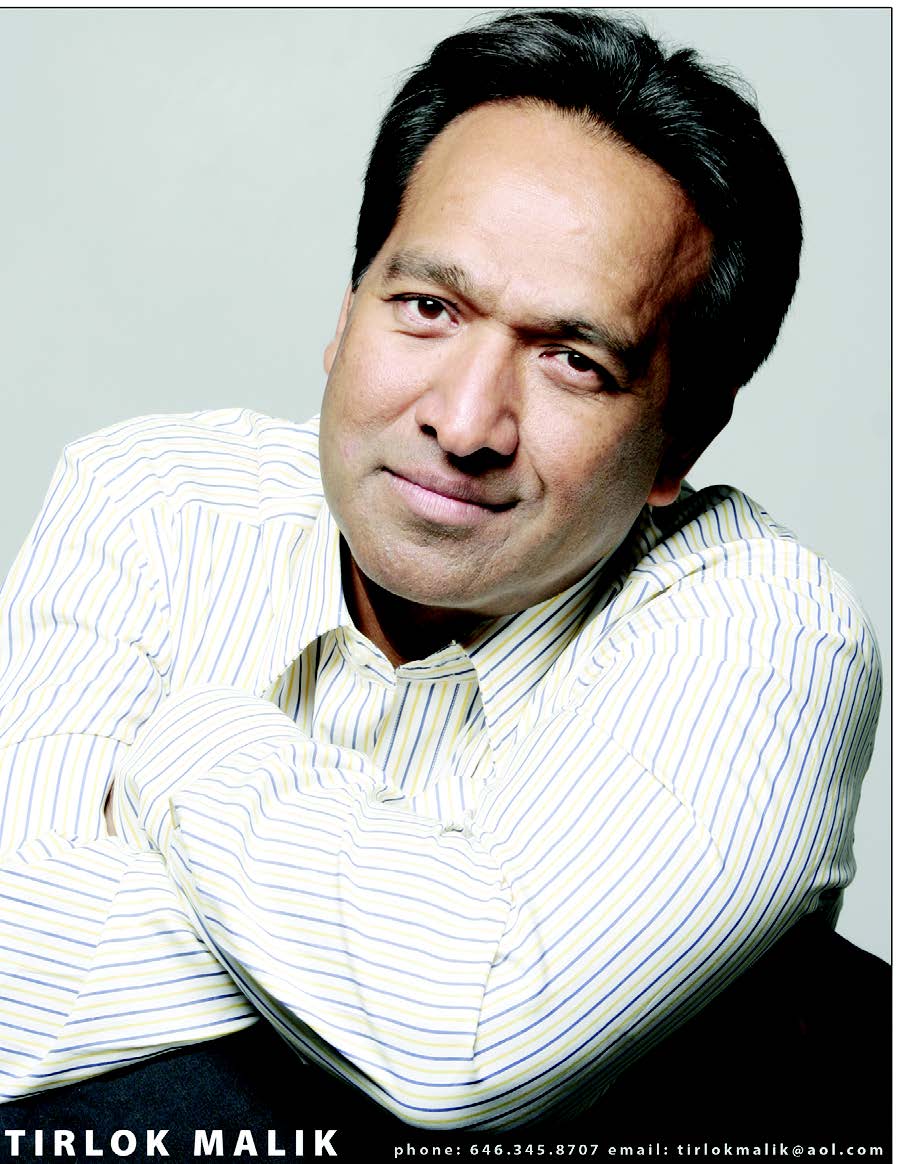Accountability for past excesses is not easily achieved in post-conflict societies, but its need and relevance cannot be brushed aside. Fostering peace and reconciliation among formerly feuding sections of society, and finding constitutional solutions to core political issues are often the final objectives. However, transformative and substantive justice requires establishing the truth about past crimes perpetrated as part of a deliberate policy. The human rights investigation report on Sri Lanka, submitted to the UN Human Rights Council by the High Commissioner for Human Rights, seeks to address the crucial question of accountability in the island nation for the “horrific crimes” committed by all parties to the conflict that ended in 2009. The report proposes a special hybrid court that will integrate international judges, prosecutors and investigators with domestic resources. It concludes that many of the instances established may amount to war crimes or crimes against humanity. The report records unlawful killings, disappearances, deliberate bombardment of hospitals, and other crimes by the security forces. It also records the killing of civilians by the Liberation Tigers of Tamil Eelam, its forced recruitment of adults and children, and preventing civilians from leaving the conflict zone. The report marks a major step towards independently establishing “system crimes” – showing a pattern of conduct on the part of
“perpetrators working within an hierarchical command structure”.
The report recognizes the present national unity government’s efforts to engage the Office of the High Commissioner for Human Rights. Sri Lanka’s brief response does not contain any explicit reference to the proposed hybrid court, but only a promise of reconciliation and non-recurrence of violations. Colombo now has a unique opportunity to demonstrate its commitment to durable peace and reconciliation by accepting the recommendations, especially the one relating to enacting special legislation to establish ad hoc hybrid courts. The process will not be easy. The political will of the Sirisena-Wickremesinghe government will come under test, as there may be forces opposed to any non-domestic mechanism. India will also be looking at the process closely, the South Asian region being new to such a trans-national inquiry. However, it should not be forgotten that the Sri Lankan conflict always had an international dimension, with many countries involved in supporting both war and peace. The new proposal strikes a necessary balance between the clamor for an international probe and the need to involve domestic institutions. It is time to render justice to the victims of what was South Asia’s longest war.





Be the first to comment